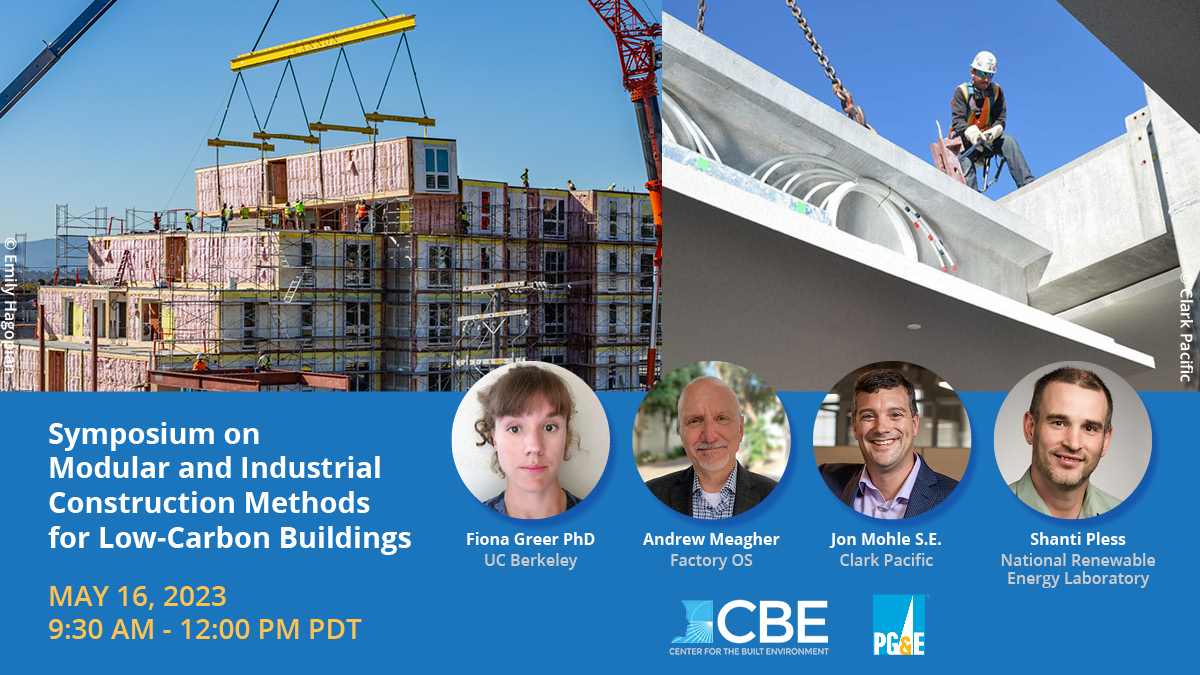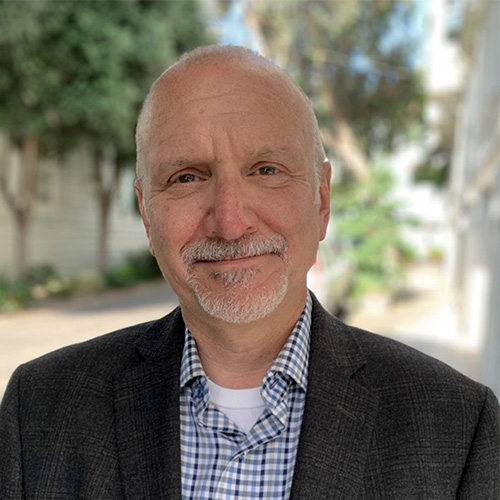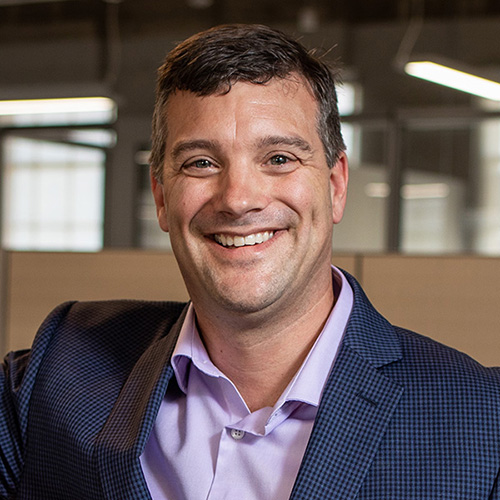
May 16, 2023 9:30 am - 12:00 pm PDT
By concentrating building activities in controlled factory environments, modular and industrial construction methods offer many advantages compared to traditional construction. The potential benefits include faster and less disruptive on-site construction, more efficient use of materials and labor, better quality control, and improved working conditions for tradespeople. Industrialized processes are being rapidly adopted across the building industry, generating numerous design and technology innovations. Today, many building industry stakeholders are focusing on how to leverage these benefits to create more sustainable, low-carbon and healthy buildings, and to meet aggressive goals for rapidly reducing greenhouse-gas emissions. This symposium includes expert industry practitioners who are involved in developing and implementing industrialized buildings, and researchers who are leading advanced studies to better understand the potential of these innovations for decarbonizing the built environment.
This live webinar event was free and open to the public, and co-sponsored by PG&E and UC Berkeley’s Center for the Built Environment.
Speakers and Presentations
-
Fiona Greer PhD
Postdoctoral Researcher, UC Berkeley
Presentation: Assessment of Embodied Carbon Impacts of Modular Construction for Housing: A California Case Study
Fiona Greer is a postdoctoral researcher with a joint appointment with CBE and UC Berkeley’s Department of Civil and Environmental Engineering. Her research interests include using life-cycle principles to evaluate the direct and embodied environmental and human health impacts from constructing, operating and maintaining infrastructure systems. She is currently working on projects that evaluate air pollution exposure from roadway operation and maintenance and that examine different construction methods for residential buildings. Fiona received her BS, MS, and PhD in Civil Engineering from UC Berkeley. Her PhD research focused on environmental and economic management of airports.
-

Andrew Meagher
Vice President of Design and Engineering, Factory OS
Presentation: Wood Frame Modular Construction. Reducing the Carbon Footprint
Andrew’s background spans more than thirty years in the architectural profession, much of this time dedicated to addressing California’s critical housing needs. He is responsible for Factory OS’s standardized volumetric designs and building systems, and oversees all architectural and engineering activities. He collaborates with developer design teams, city agencies, non-profits, and community stakeholders through every stage of the process from feasibility through fabrication to maximize efficiencies that volumetric design can provide. Prior to joining Factory OS, Andrew designed 5880 Third Street San Francisco’s largest modular project for Holliday Development. He holds a Bachelor of Architecture from the Virginia Tech.
-

Jon Mohle S.E.
Sr. Product and Market Manager, Clark Pacific
Presentation: The Misconception of Industrial Construction
Jon Mohle is a highly experienced and skilled professional with a unique combination of expertise in product management, structural engineering, and a deep curiosity about the world around us. He is passionate about the built environment and sustainability, and has a strong belief that the greatest opportunities for change can be found where traditional roles overlap. Jon is driven by a desire to create products that are both sustainable and simple, and he achieves this through hard work, iteration, and a relentless passion for his work.
-

Shanti Pless
Senior Commercial Building Energy Researcher, National Renewable Energy Laboratory (NREL)
Presentation: Decarbonizing Multi-Family Housing Development:Actionable Pathways to GHG Emission and Building Cost Reduction with Industrialized Construction
Shanti is a Senior Commercial Building Energy Researcher at the National Renewable Laboratory. His research focuses on the broad adoption of net zero energy/carbon design and operational practices through applied research, innovative demonstrations, cleantech startup technical guidance, academic engagements, high impact publications, and informed industry outreach. His active research projects include integrating net zero carbon strategies into the emerging off-site and affordable housing construction industry. He was awarded an ASHRAE Technology Award in 2013 for NREL’s large-scale zero-energy Research Support Facility.
Continuing Education
At the conclusion of this course, participants will be able to:
- Cite examples of the benefits of modular construction compared to traditional wood frame construction.
- Show familiarity with a unique precast structural system that integrates hydronic tubing and other building systems in factory-built units.
- Describe the implications of modular building methods on the total embodied carbon of multi-family housing.
- Give examples of how modular construction methods can lead to lower energy use for buildings in operation.
This course is approved for AIA Continuing Education: Course number NWB20230404 and AIA Provider H663 (2.5 LUs).
Modular image ©Emily Hagopian, courtesy of Lowney Architecture. Precast image courtesy of Clark Pacific.
Organizers

